A Conclusion Which Favors Yamaha
In an effort to reconcile the opposing understandings between Yamaha and importers of used Yamahas, I sought out a source that would better explain Yamaha’s side of the story. As it turned out, I was able to contact someone who has some pretty compelling information to add.
Seasoned for Destination
Where importers hold the view that humidity is similar in all parts of the world, and that it would be impossible to know whether a piano would be purchased by someone in a humid area vs a dry locale, my source reconciled this by revealing that Yamaha conducted studies that tracked the temperatures in homes – not localities. Pianos are, after all, placed in homes – not outside where they are exposed to the extreme weather of any particular area.
Yamaha’s research led them to discover that American homes, most often heated using central heating, are generally hotter than homes in Japan and Europe. This discovery was made in the 60s after Yamaha”s first pianos experienced problems in the U.S. The corrections were made by 1964, and have remained incorporated in the manufacturing process since then – no doubt they have refined and improved their approach many times too. This explanation places the emphasis on the variations in humidity levels in the homes.
Is this explanation plausible? Yamaha would of course have the opportunity to gather data on the performance of pianos placed in institutions. It would be more difficult to monitor the health of a used piano that may have been sold to several owners. Keeping data on the average temperatures in homes in every major country in the world, and then altering the drying time for select woods used in piano production – seems to be absolutely ridiculous. Let me present a different explanation.
Post-War Developments
For Japan, 1960 was a time of political uncertainty and rapid industrial growth. Fifteen years earlier, in 1945, life in Japan was quite different. Japan had been at war with China since 1937. By 1939 that fighting escalated. The events of the war transpired until March of 1945 when the U.S. struck Tokyo with incendiary bombs which killed 100,000. During the next five months, American bombers firebombed sixty-six Japanese cities killing an additional 350,000 to 500,000 citizens.
Even after that devastating blow, the leaders of the Empire ignored the demands made by the Allies in July at Potsdam to surrender unconditionally. In August U.S. Forces dropped two atomic bombs on Japan. “The acute effects killed 90,000–166,000 people in Hiroshima and 60,000–80,000 in Nagasaki; roughly half of the deaths in each city occurred on the first day. During the following months, large numbers died from the effect of burns, radiation sickness, and other injuries, compounded by illness. In both cities, most of the dead were civilians, although Hiroshima had a sizable garrison.”
In order to revisit the devastation left from the atomic attack, review these before and after photos.
“After Japan’s unconditional surrender to the Allied Powers in August 1945, the United States military occupied the defeated nation and began a series of far-reaching reforms designed to build a peaceful and democratic Japan by reducing the power of the military and breaking up the largest Japanese business conglomerates.”
Over the next six years, Japan transitioned quickly into an important ally in order to create a buffer between the rise of Communism in China and North Korea. “U.S. efforts to save South Korea from Communist invasion accelerated Department of State attempts to restore Japan to a respected international position, and make that country a prosperous ally of the United States. ”
It was this attitude of the U.S. towards Japan which eventually opened doors for export trade. Japan endured several years of difficult trade relations, but “beginning in the 1960s, the government adopted a policy of gradual trade liberalization, easing import quotas, reducing tariff rates, freeing transactions in foreign exchange, and admitting foreign capital into Japanese industries, which continued through the 1980s.”
“After World War II, company president Genichi Kawakami repurposed the remains of the company’s war-time production machinery and the company’s expertise in metallurgical technologies to the manufacture of motorcycles.” The Yamaha Motor Corporation was formed on July 1, 1955. Nippon Gakki Co., Ltd. (Yamaha Music) had formed in 1887 and was a different company, one that had grown to become the world’s largest manufacturer of musical instruments. ”
The sixties were therefore a time of rapid growth for the new democratic Japan. The U.S. economy was booming too. In 1962, Yamaha exported 12,000 motorcycles. By 1980 that number grew to 1,383,000.
Piano exports followed a similar trend. As you might expect, the first pianos, motorcycles and other products, were not Yamaha’s greatest. The first pianos did not perform well in the U.S. because of tuning stability issues. Korean-based Samick pianos, introduced to the U.S. in the 1960s, also had similar problems with their pianos. The changes in Yamaha production which followed would have been done by the leaders of an democratic Japan in post-war recovery. When Yamaha of Japan improved their quality and embraced the euphemistic “Seasoned for Destination” campaign, those improvements might simply be interpreted as changes that were needed in order for Yamaha to start making pianos the right way. This explanation helps understand why other manufacturers do not employ similar manufacturing strategies. Japan had more reason to “save face” for the failure of their first post-war exported pianos.
We are left to guess as to which explanation is more plausible. Do small variations in drying time offset variances found in home heating preferences among the citizenry of different countries, or is it more plausible to suggest that the quality control of post-war Japan in the 1960s was not yet competitive?
Gray Market
The term Gray Market was popularized after U. S. consumers acted to purchase Mercedes automobiles in Germany and have them shipped back to the U. S. at a substantial savings over domestic retail prices. Those autos did not meet Federal requirements. They also did not qualify for warranty claims because they were not intended to be sold in the U.S. In this example, we are talking about a NEW car that was not intended for export into another country. Yamaha Corporation of America misused that term when they applied it to a USED product.
Yamaha Corporation of America however bears no obligation to provide parts for pianos they did not import. If anything, the importers of used pianos bear that obligation. Importers of course would not have access to parts from Yamaha since by nature of their business, they are not the U.S. distributor of new pianos. Since there is no official and authorized distributor of used Yamaha pianos (sanctioned by Yamaha), Yamaha of Japan would have no business interest in providing parts to any importers of used pianos. Parts are available through piano supply houses, so I have to favor the importer’s arguments on this point. It was correct for Yamaha Corporation of America to take the position that they would not supply parts for imported used pianos, but it was quite wrong to imply that no parts were available at all.
It is of course legal to import used pianos, but what happens to these pianos when they are brought here? I put that question to my source tonight. He explained that the variations in the “seasoning” process are small, but pianos that are placed in locales other than the intended destination do in fact go through changes. For instance, if someone owned a piano in Asia and relocated the instrument anywhere in the U.S., the piano would react to the change in humidity. (The same thing would occur for a piano in the U.S. located to an area that had an extreme difference in local humidity outside, which has an effect on the humidity inside the home!) There are many situations where that reaction to humidity, or the variance of the local humidity, may be greater or smaller. For instance, if an Asian family kept their home heated more along the lines of how they lived in Asia, then it seems reasonable to suggest that the reaction would be smaller.
The important point here is that once the change in the piano was realized, the piano would be quite fine in its new locale. Give two years for changes to be fully realized, and after that the cause for concern is greatly diminished. That raises the question: how severe might those changes be and what damage might be realized as a result of that change? On this, my source would only confirm that Yamaha Corporation of America receives many service inquiries from owners of imported Yamahas informing them of extreme changes in their pianos. Based on that information, it seems reasonable that Yamaha Corporation was factually correct to report the occurrence of extreme changes and damage. However, any damage that occurred may in fact not be related to humidity factors, and it seems likely that Yamaha would more likely field calls from piano owners that were desperate in their quest to find help. Conversely, piano owners who were satisfied with their used pianos would have no reason to contact Yamaha Corporation of America.
Even with this forgiving analysis, it still seems that reports of severe damage is alarmist. It seems far more likely that any severe damage that occurred to used Yamahas was caused by conditions of abuse, and not related to any differences in the manufacturing process.
The reconciliation here is a bit easier to visualize. Two self-interested parties are basing their opinions on two completely different sets of experiences. Yamaha Corporation of America is going to hear more horror stories about the used Yamahas that suffered damage since being imported, and importers are going to base their opinions on the success stories that they uncover. As one dealer reported, “I do not receive any complaints about used Yamahas.” Maybe they called Yamaha Corporation of America instead.
In the first blog, I said that some used Yamaha pianos are very good pianos, and others are terrible pianos. Importers assign grades of quality to each one, and those that are A grade will fare better than those of lesser grades. It should be obvious to everyone that each competing interest is going to put his best foot forward, and that his competitor is going to point to the failings of his adversary.
This suggests that each party to the dispute has a bit of truth to his argument. I suppose if I asked a Democrat to explain the political climate of the nation, it would not be in agreement with a Republican’s explanation. If perchance a Democrat intended to go to a Republican Convention, it would be wise to “season” one’s point of view based on the “destination”. It might also be argued that a Democrat was a “gray market” participant whose destination was never intended to be a Republican Convention.
Pardon the analogy, but I think it clarifies that people who have different experiences, values and attitudes, can in fact develop points of view that are so conflicted that each party would think the other is lying.
The lesson for consumers remains as it was. Consult a professional tuner/technician before you buy any used piano. The lesson for industry professionals will be left for them to discover. I am not in charge of teaching piano industry professionals, or creating marketing campaigns for Yamaha Corporation of America. My job is to serve my clients. Now that I have found a reconciliation between the several points of view, I feel better prepared to help my customers sort through the conflicting statements they might hear as they shop for a Yamaha piano.




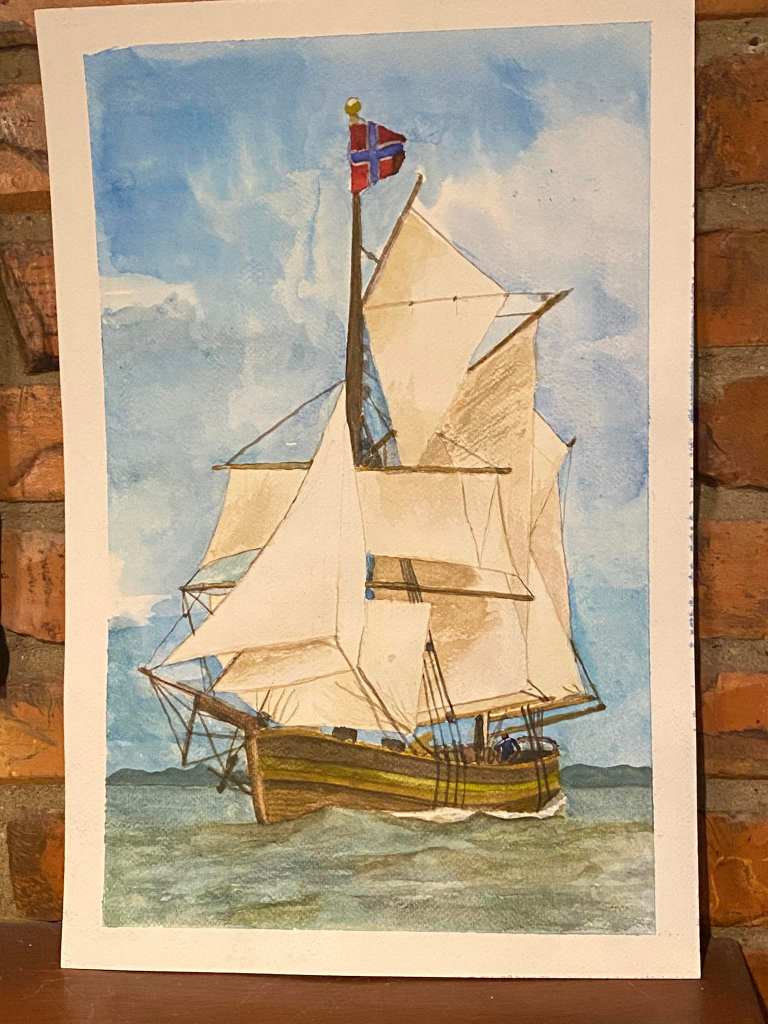
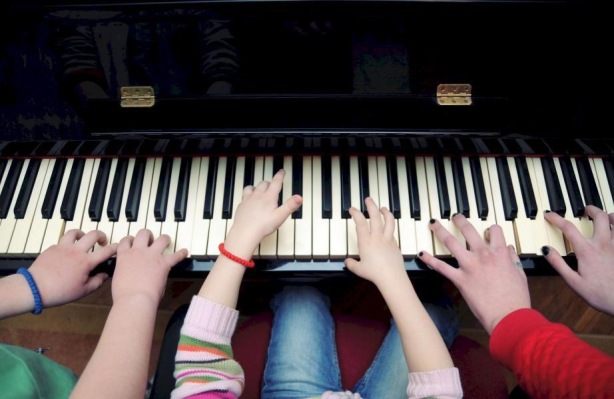

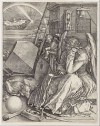


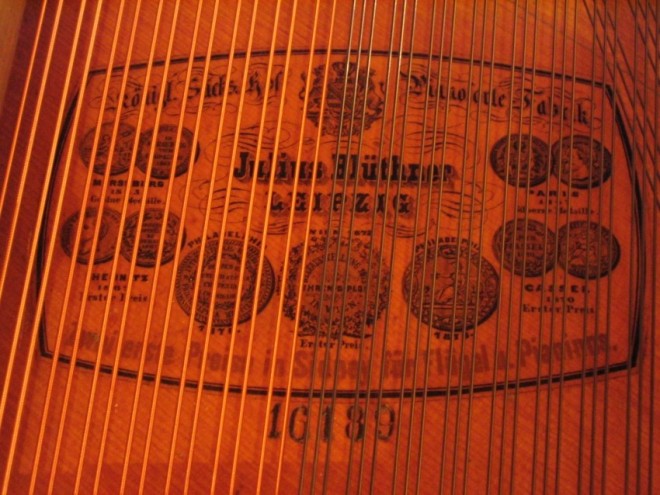



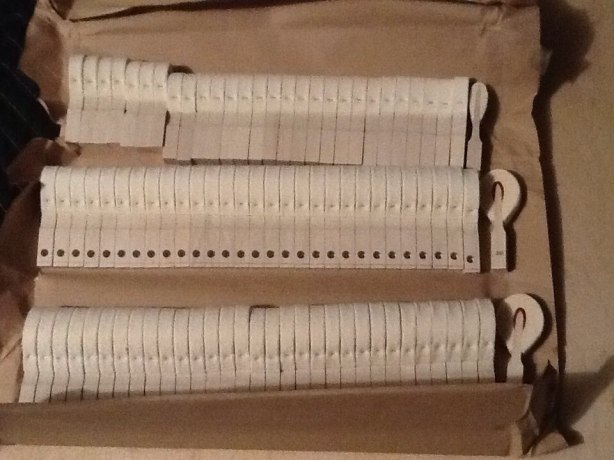
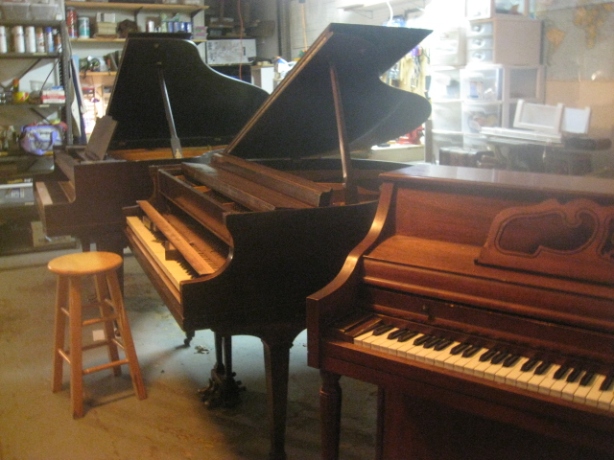

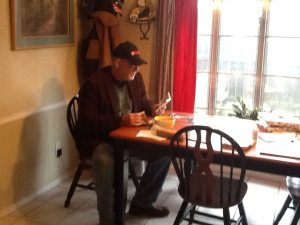


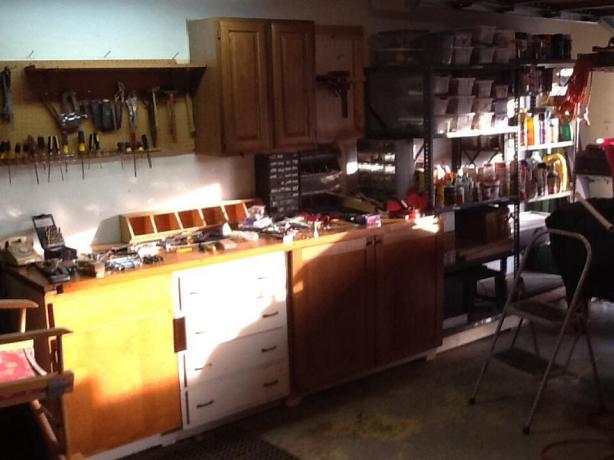

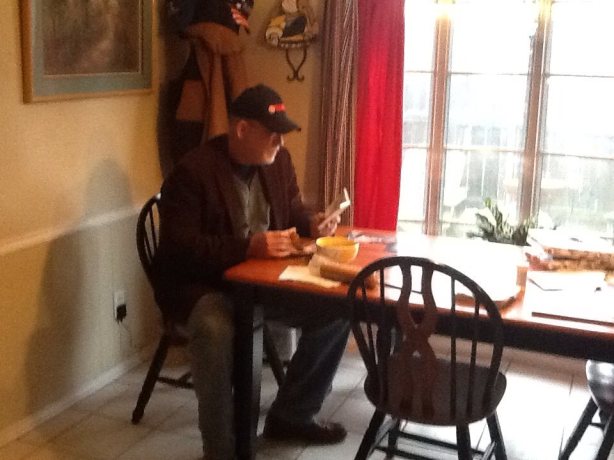
You must be logged in to post a comment.